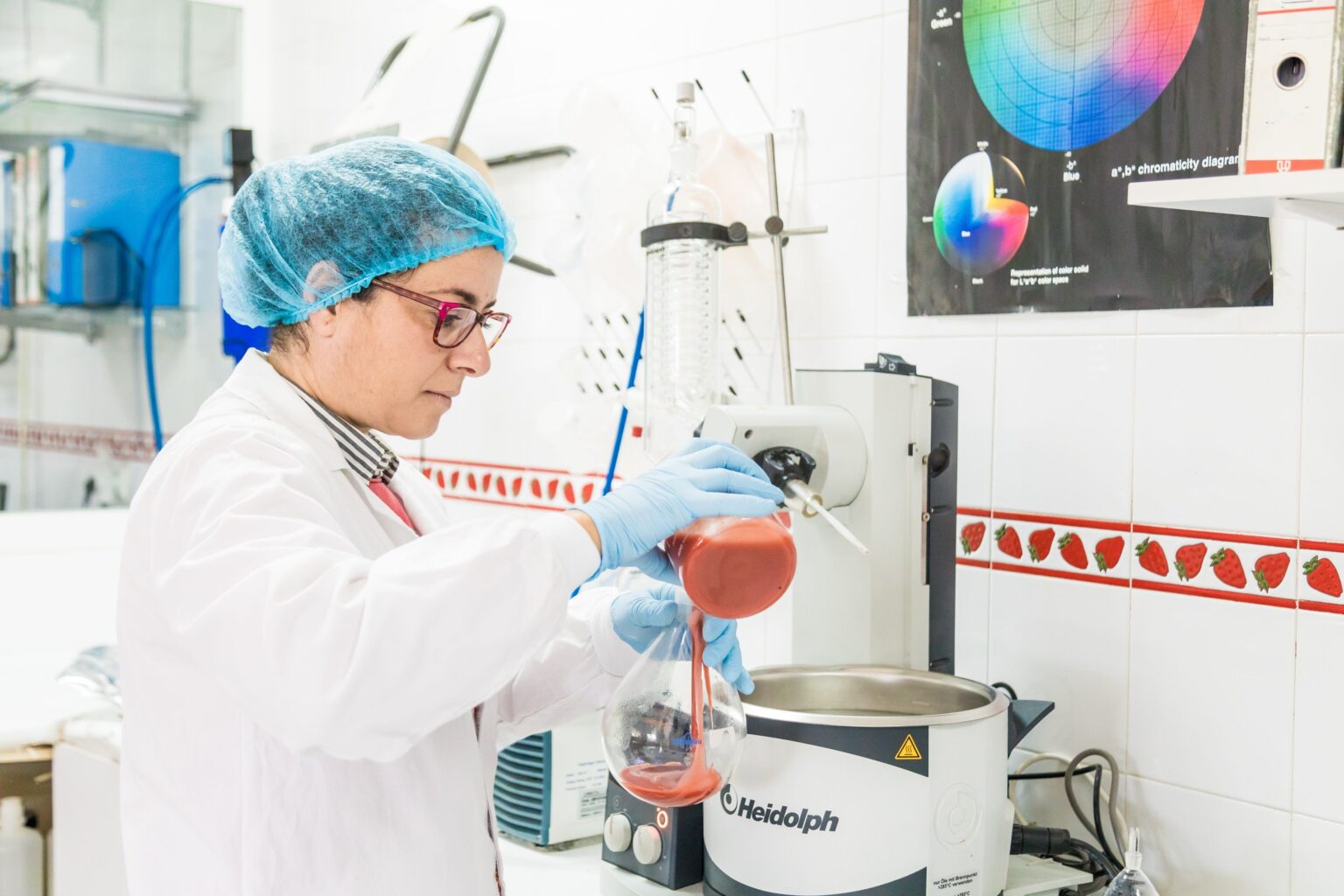Hudisa, a prominent company in the production and marketing of frozen fruit purees and concentrates, has achieved a new milestone by surpassing the SMETA (Sedex Members Ethical Trade Audit) for the third consecutive year. This achievement highlights its strong commitment to social responsibility and environmental sustainability principles, as well as its dedication to ethical business practices.
The internationally recognized SMETA audit allows companies to assess and improve their internal and supply chain labor and social practices. Through this evaluation, Hudisa reaffirms its intention to meet high ethical standards, ensuring processes that are fair, inclusive, and responsible.
The audit focuses on four key pillars: health and safety, labor standards, environment, and business ethics. Following the Ethical Trading Initiative (ETI) code and local regulations, Hudisa has chosen to audit all of these areas, aligning itself with industry best practices.
Aspects evaluated include respect for freedom of association, ensuring minimum wages, eradicating discrimination, and promoting safe and healthy working conditions. These actions reflect Hudisa’s commitment not only to providing a suitable work environment for its employees, but also to ensuring that its suppliers maintain similar ethical standards.
Surpassing the audit strengthens not only the company’s image, but also its perception among customers, suppliers, and employees. By publishing the audit results in the SEDEX database, Hudisa positions itself as a benchmark in business ethics and social responsibility, thus improving its reputation in the competitive processed red fruits market.
The SMETA audit adds value by allowing Hudisa to better understand its suppliers and verify that they meet the same ethical standards. This helps identify areas for improvement and ensures that all involved in the production process act in a socially responsible manner.
The traditional industrial production model has ignored the environmental impact of its activities, making the passing of audits such as SMETA even more relevant. For Hudisa, this audit is a crucial step towards greater sustainability and continuous improvement of its business practices, contributing to the creation of a fairer and more ethical work environment.
Founded in 2002 in the province of Huelva, Hudisa has been the result of the effort and collective vision of 19 cooperatives that produce red fruits in the region. With a production exceeding 20 million kilos annually, the company specializes in fruit transformation for the industry and has a presence in over 30 countries, establishing itself as a strong player in the global market.
Source: MiMub in Spanish
